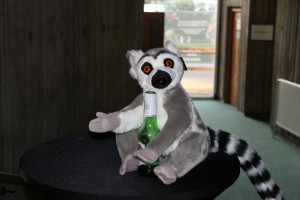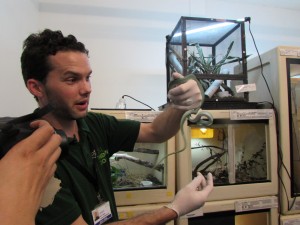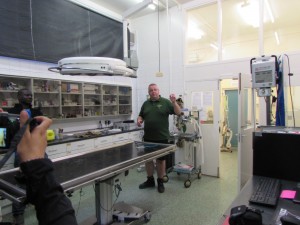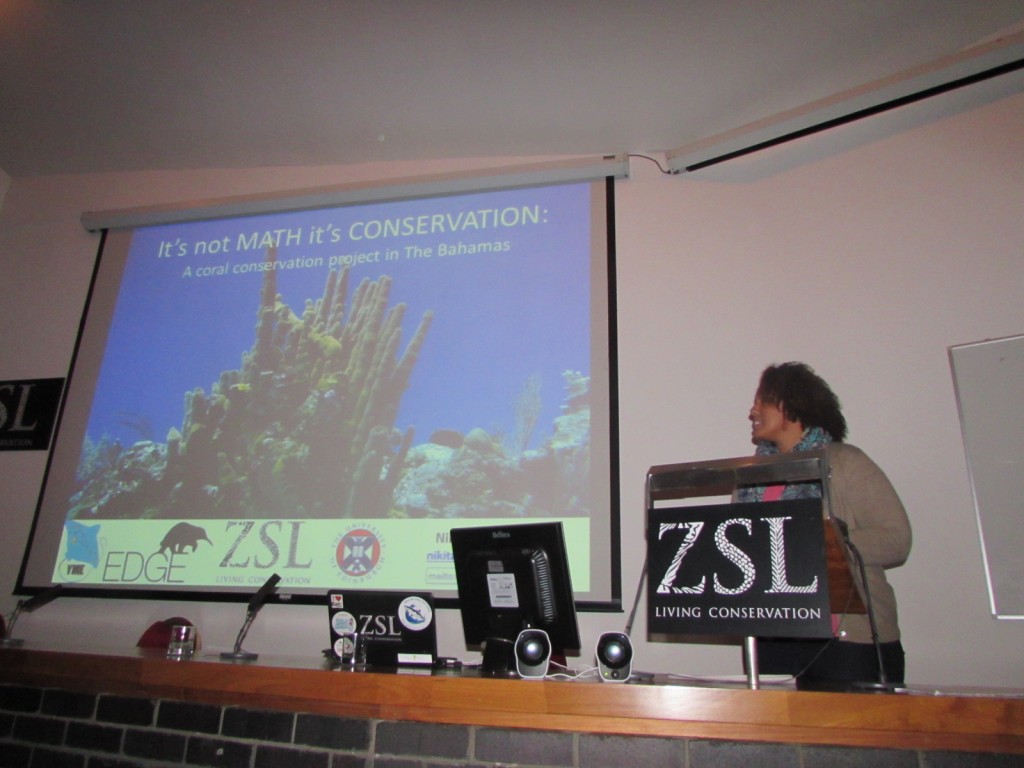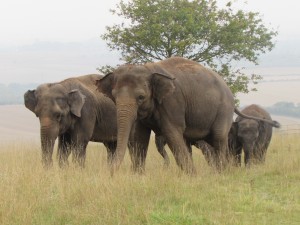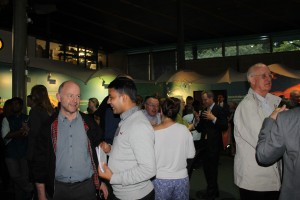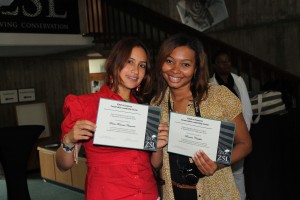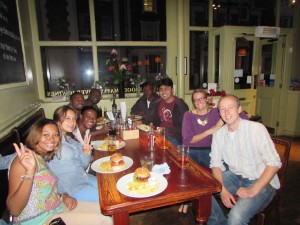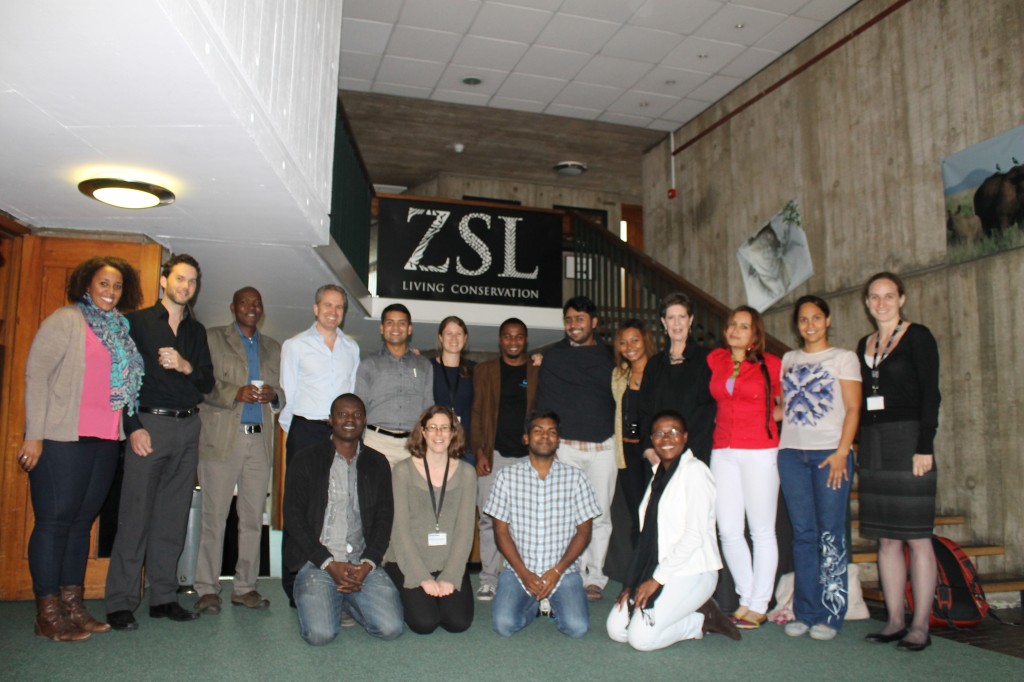Exiting from the Camden Tube station and on the way to Ifor Evans, the dorms that was to be my new home, I had no idea what the next two weeks were going to bring. I was excited to be reunited with my friends from around the world and hear of their stories about the success and challenges that they have faced throughout the past 18 months of their EDGE fellowship. If there was one thing that I was hoping to get out of the two-week course was to grow as conservation biologist and to be more prepared to take on the conservation challenges in The Bahamas. Reflecting on those two weeks in England, I think it is fair to say that I got more than I expected from the EDGE Conservation Leadership Course.
The two weeks challenged us to think about what was next after our EDGE fellowship. Where were we going to take our projects, and what were the things that we as Conservation Leaders need to be thinking about and more importantly doing. A comprehensive course we touched upon everything from science writing to personal leadership styles. One of the benefits of bringing us back together is how much we were able to learn from each other. Caleb, from Ghana and I made an agreement that we both have to submit a paper to a journal before the end of the year, and if we don’t there will be social media consequences (But of course we will both submit these papers and they will be published – positive thinking!).
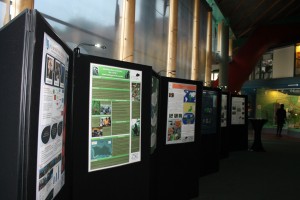
Talking to Arun about the frog that he studies that apparently is really ugly, and taking the tours around the zoo and exploring the amphibian and reptile house has given this ocean child a new appreciation for animals that live outside of the sea.
Being able to go behind the scenes and talk to the zoo vets was fascinating and it was wonderful to see Deoren’s passion as she inquired about animal care and brought in her experience from Panama.
Hearing Manish talk about meeting his academic advisor was inspiring. It reminded me how powerful mentorship is. Before we parted he told me that as a student still working on his Masters in Bangladesh to think about him if I ever come across new opportunities that he could benefit from. We are an EDGE family from around the world and as we work on developing our careers we are also trying to support each other progress and become the conservation leaders the world needs.
One of our days was focused on conflict management. How we resolve conflicts, personal conflicts and wildlife conflicts. That day I was part of the Spanish speaking group where Ximena and I participated in an activity that made us think about the complexity and different levels involved in conflict. Ximena talked about the challenges that she has faced working in Colombia. Speaking in Spanish for this exercise made me think about how important communication is in resolving conflict. An amazing fact about the EDGE fellows that I learned during this trip was that everyone spoke more than one language, with many fellows speaking four or five languages!
Ambika introduced me to conservation in Nepal. I was inspired at how his conservation project has grown and the success that he has had working within local communities. One of the benefits of reconnecting with the EDGE fellows is that we inspire and learn from each other. Rado, my favorite coral researcher from Madagascar talked about the impact that the EDGE fellowship has had on him as a local research. I have to agree with what he said, working with ZSL as an EDGE fellow has provided an international endorsement that has enabled my work in The Bahamas to be taken more seriously.
Our two weeks in London were filled with fun and encouragement. The ZSL team that worked with us really guided us to think about what is the next step for us. How are we going to be the champions of conservation within our home countries. I left England sad to say goodbye to my friends and mentors but excited to return to The Bahamas with a mind full of ideas that I put to paper and began to plan the next three years of my work in coral conservation.
